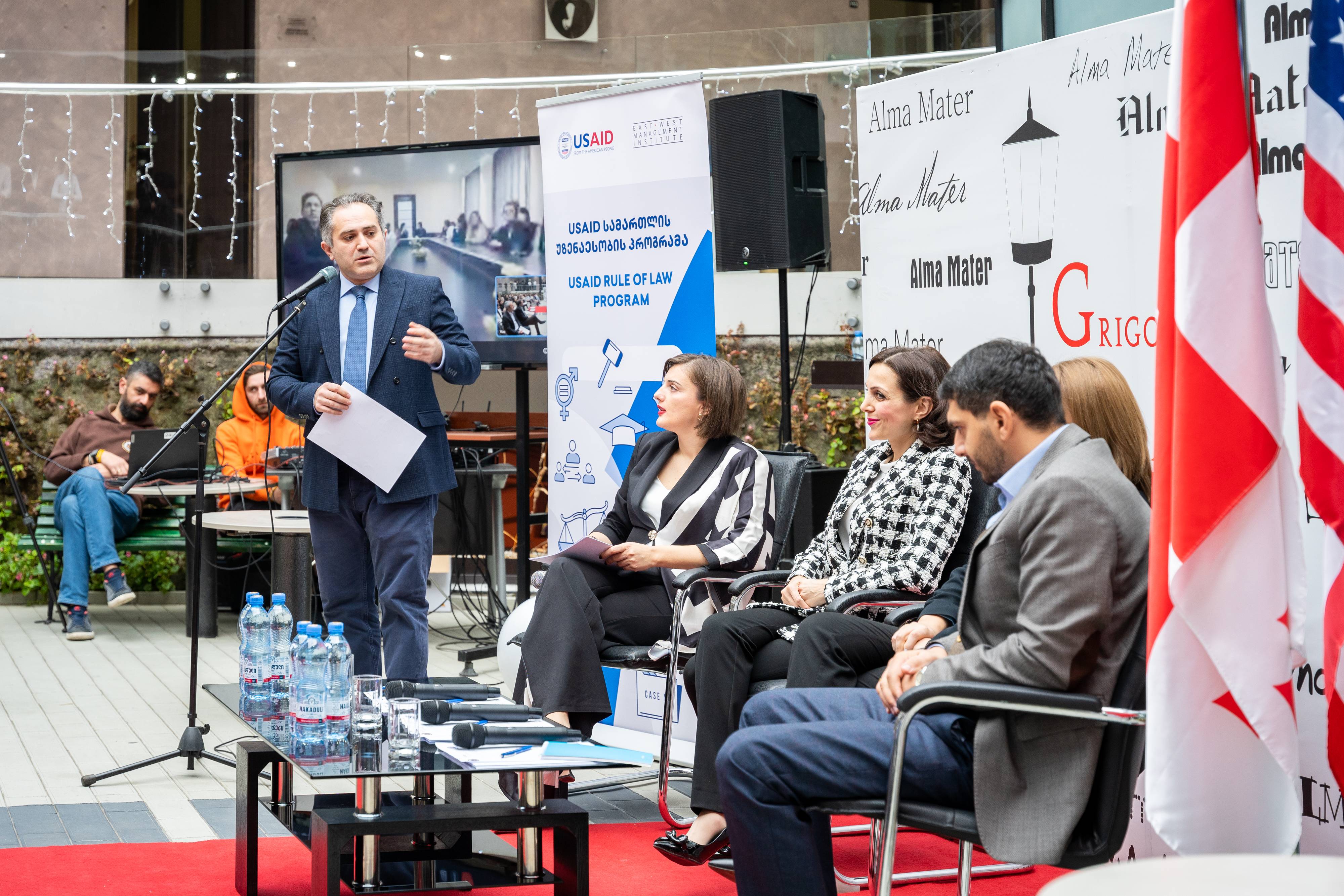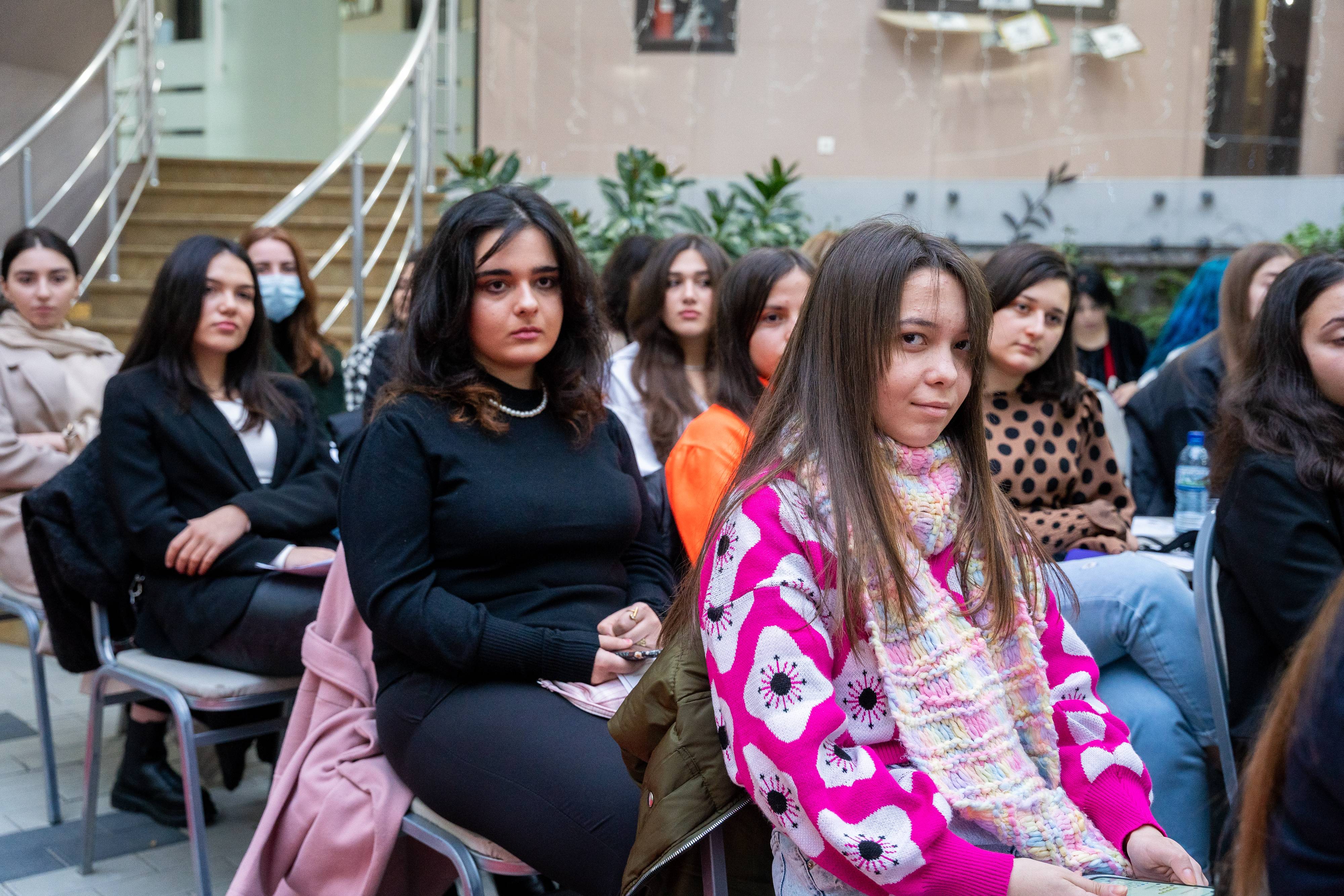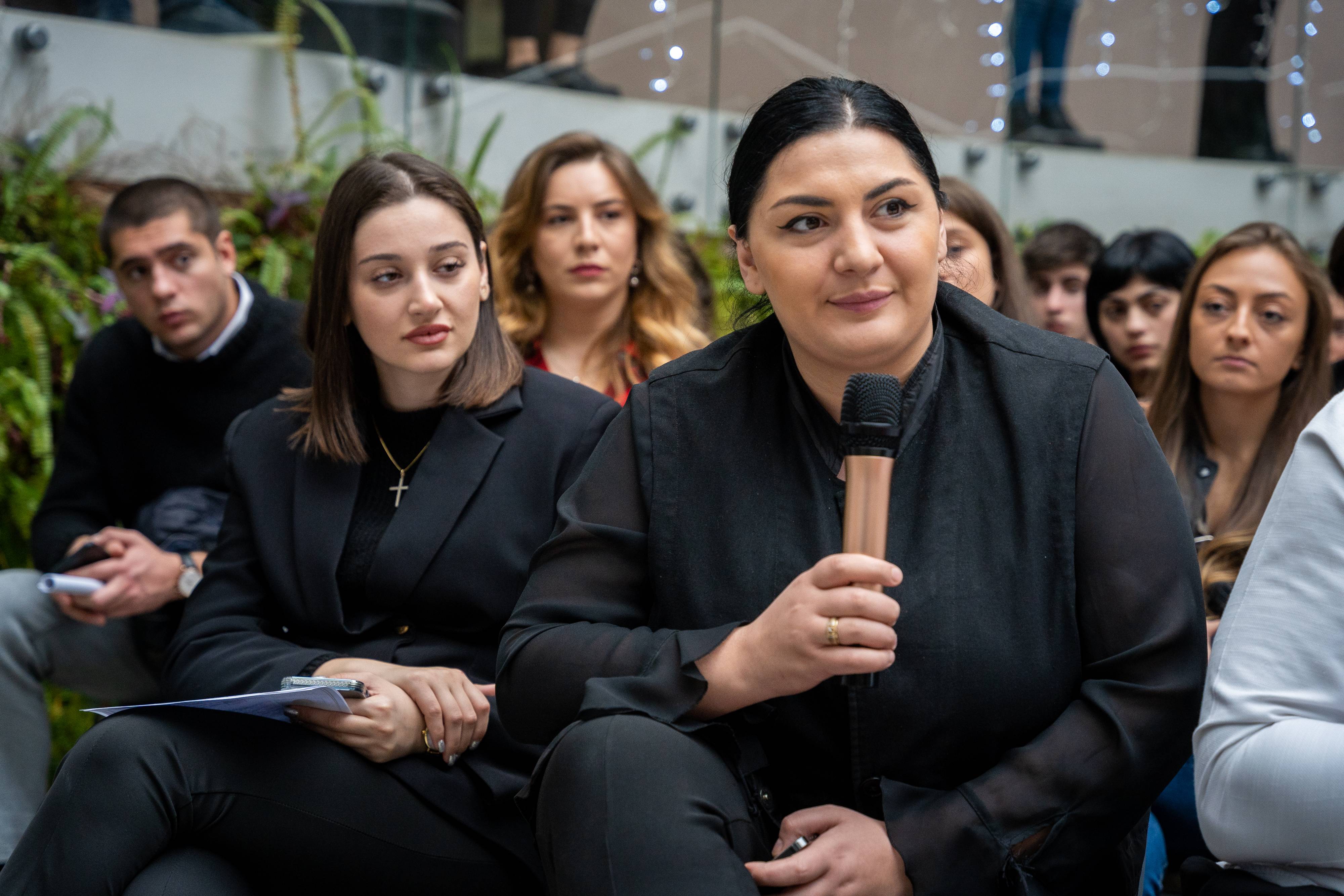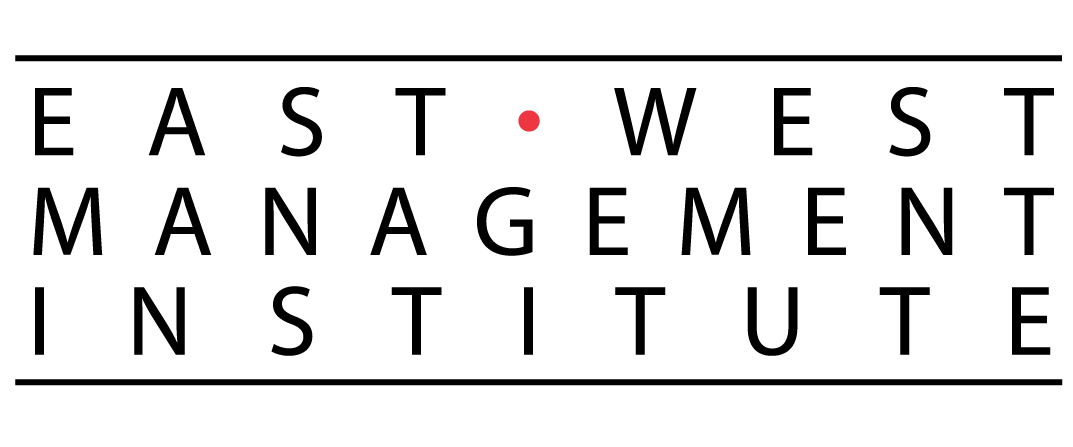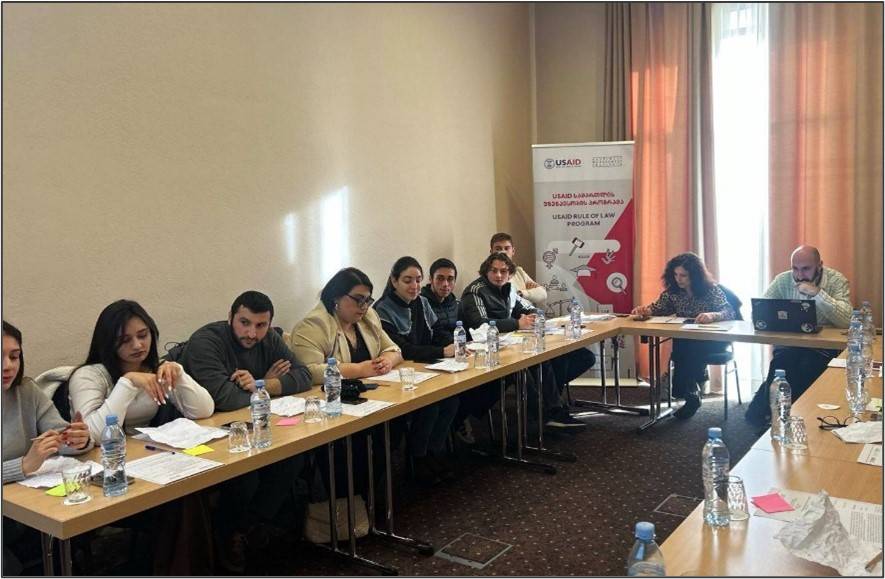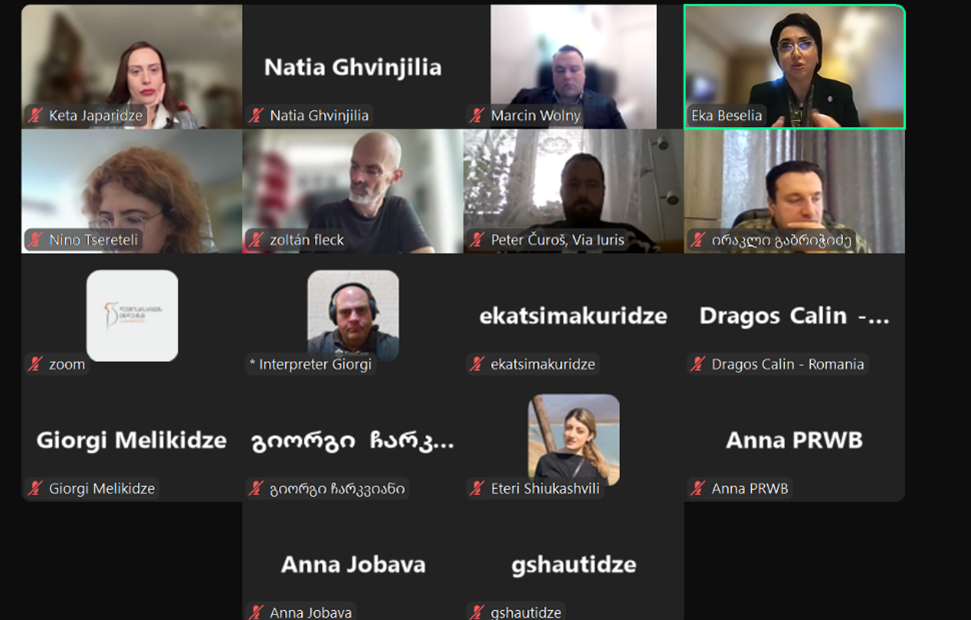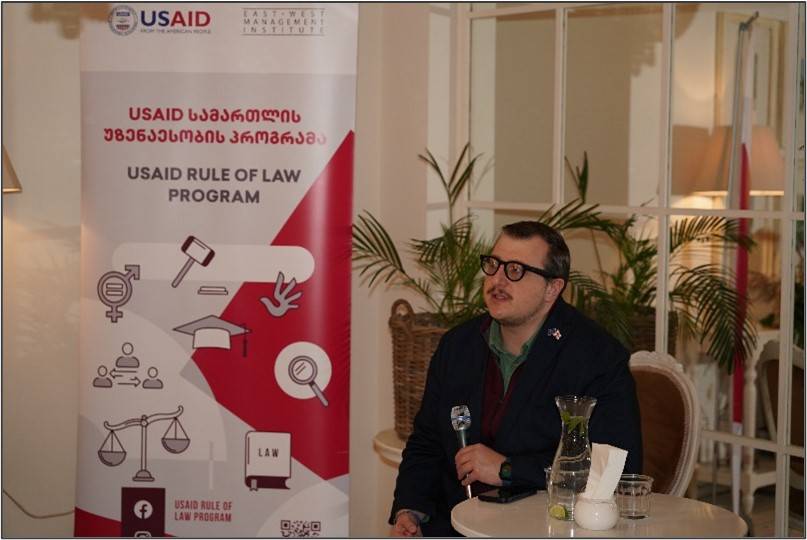Judicial Question Time with Students
The USAID Rule of Law Program held an information meeting that enabled students to meet with Judges Ketevan Mamatshvili (Tbilisi City Court), Khatia Ardazishvili (Tbilisi Court of Appeals) and Badri Niparishvi (Tetritskaro Regional Court) to discuss Existing Court Practice on the Realization of Women’s Rights in Georgia.
Hosted by Grigol Robakidze University, the meeting enabled over ninety students to learn from the judges about issues, such as: restraining orders, gender stereotypes and gender bias, and ability to respond to them; the importance of checking one’s own biases from time to time; and women’s financial resources and property rights.
Rector of Grigol Robakidze University Mamuka Tavkhelidze and USAID Rule of Law Program Chief of Party Giorgi Chkheidze addressed the students with welcoming speeches.
In his welcome notes, the Rector emphasized the importance of having this type of discussion with students, as it helps them acquire additional skills and knowledge that will be very helpful for them when entering their legal careers. He reiterated the university’s eagerness to further partner with the USAID Rule of Law Program in other activities.
"Such informative meetings give students an opportunity to ask questions and hear the judges' answers on topics of interest to them. When I was a student, I did not have the opportunity for such events. Today, our Program, universities and judges, we all try to provide as much information as possible and hold many events, which will be important for the development of students and the acquisition of their professional knowledge." - said Giorgi Chkheidze in his comments to students.
The discussion lasted over two hours, enabling the students to get an in-depth understanding of the gender stereotypes in society and their roots, the importance of women’s financial independence, and issues surrounding domestic violence, including whether restraining orders are effective to prevent violence against women and their revictimization.
